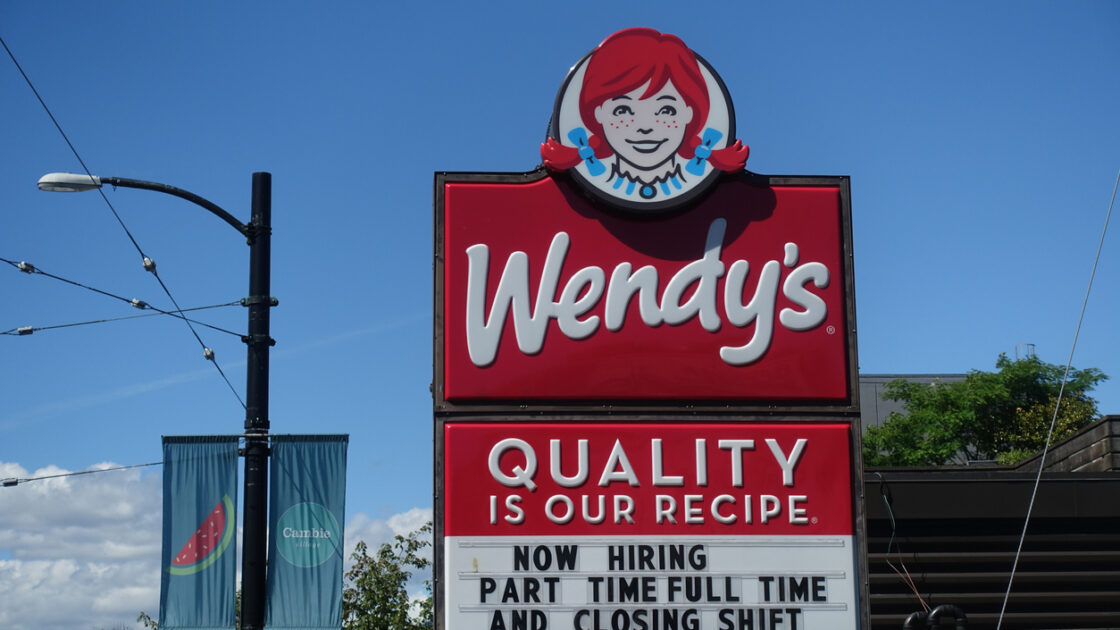Wendy’s to Transition to Greenhouse-Grown Tomatoes as Part of ‘Continued Investment’ in Quality Products

Wendy’s, the nation’s third-largest fast-food burger chain, says it will be sourcing only vine-ripened greenhouse-grown tomatoes for use in its U.S. and Canadian restaurants by 2019.
The brand says the move comes in response to consumer demand for freshness and high-quality ingredients.
Even though the move to greenhouse tomatoes may increase its supply cost, Wendy’s chief communications officer Liliana Esposito says the burger chain will not necessarily be increasing prices as a result.
“However, there is no plan to pass costs along via increased menu prices as a result of this initiative,” Esposito said. “We see this as a continued investment in the quality of our products.”
Wendy’s says it will begin working with about a dozen suppliers in North America.
“Greenhouse farms provide supply predictability and quality assurance benefits including continuity of supply, protection of crops from harsh weather, safe indoor growing conditions and a significant reduction of chemical pesticides used on the plants,” Dennis Hecker, senior vice president of quality assurance, said in a statement.
Wendy’s was targeted in 2016 for its refusal to support the Fair Food Program which helped support the Coalition of Immokalee (Fla.) Workers with a minimal price-per-pound increase for tomatoes. Some tomato field workers in Florida are grossly underpaid, abused, and even forced to live in substandard housing, as detailed in Barry Estabrook’s 2011 exposé “Tomatoland: How Modern Industrial Agriculture Destroyed Our Most Alluring Fruit.”
While Wendy’s suppliers now all reportedly support the Fair Food Program, the company says the reason for the switch is based on quality.
“We have long upheld high standards of quality and a strong commitment to human dignity throughout our business and our supply chain,” Esposito said. “All of our suppliers are bound to a strict code of conduct that requires ethical practices, and certain fresh produce suppliers, including all tomato suppliers, undergo third-party-certified human rights assessments.”
According to Esposito the company is also looking into other “strategies” for fresh produce.
“We are certainly encouraged by the social and environmental sustainability benefits we expect to see as a result of this new tomato sourcing strategy, including the inherent benefits of safe, indoor working conditions.”
Other chains have also taken measures to highlight fresh or locally-grown ingredients. Mexican fast-casual chain Chipotle has long touted its commitment to locally-grown produce and its transparent menu.
Leading fast-food chains are also taking steps elsewhere in their supply chains; McDonald’s recently announced its plan to begin phasing out single-use plastic straws from locations worldwide.
Find Jill on Twitter and Instagram
Related on Organic Authority
How It’s Made: MightyVine is Bringing Fresh, Local Tomatoes to Chicago 365 Days a Year
Scientists are Making Heirloom Tomatoes Taste Like Real Tomatoes Again
Wendy’s Sets 2017 Deadline to Remove Antibiotics from Chicken Supply

